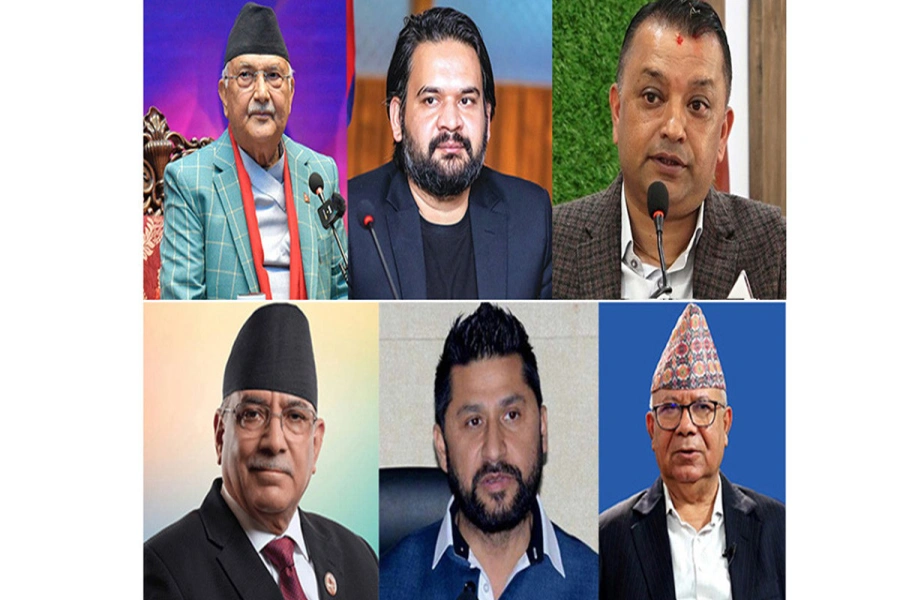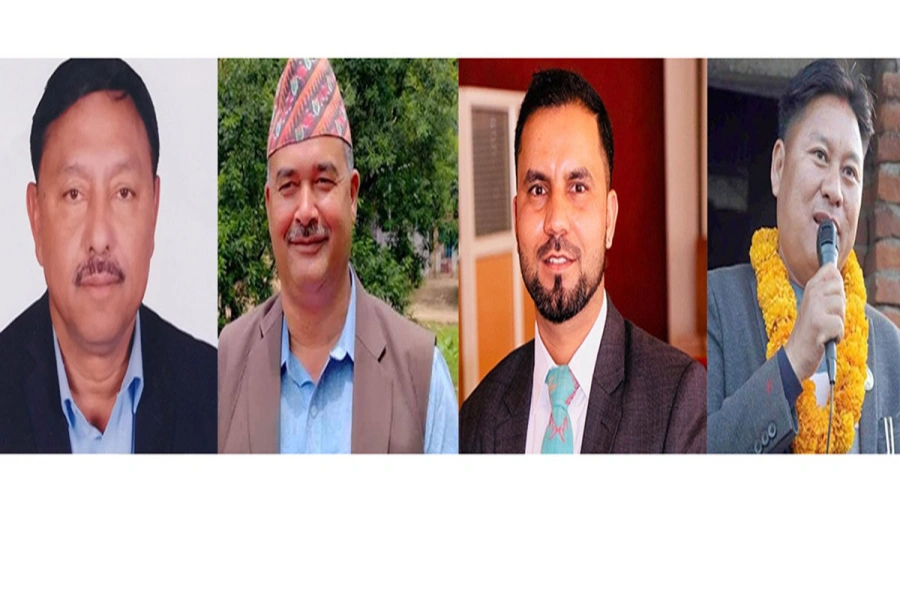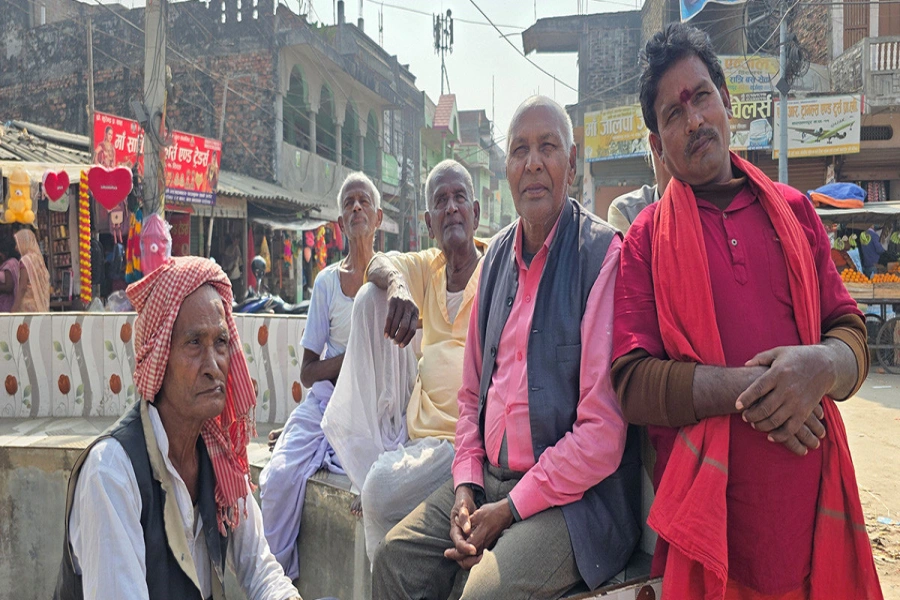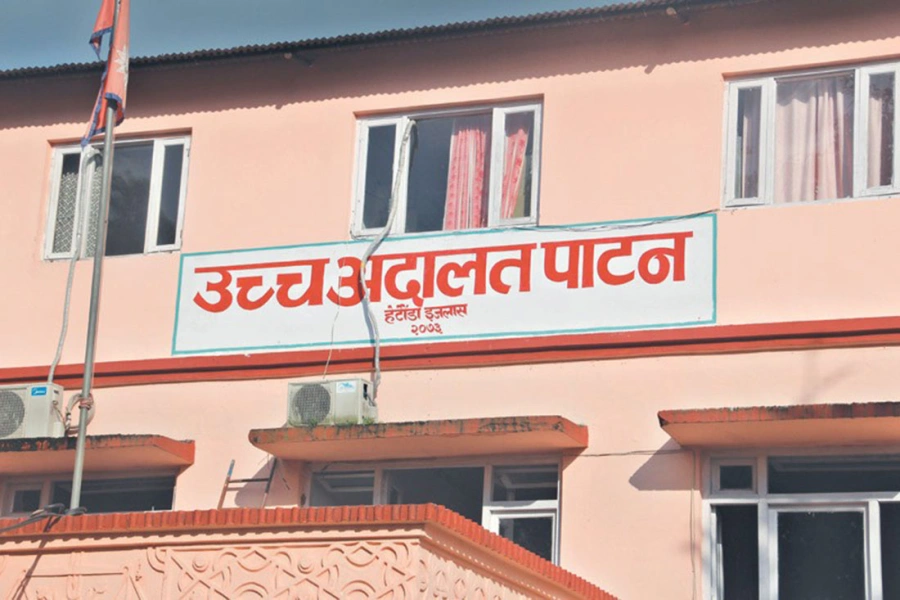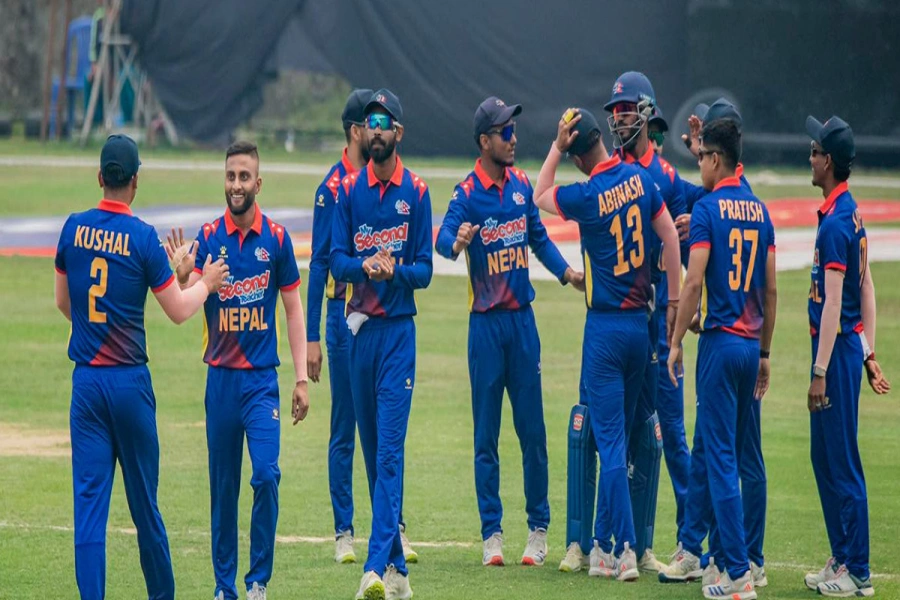Better governance outcomes are possible only when local politicians become more flexible and open-minded to share leadership roles with the chief administrative officers
Local leadership matters because local leaders are expected to make a positive difference in the communities they lead. That’s precisely why Nepali people have elected 753 city mayors and village chairpersons to lead local governments under federal system. But how effective have our local leaders been in the last two years? If the mainstream media reports are anything to go by, the situation is not very encouraging. So what is missing?
Success of elected local leaders is largely determined by their ability to adapt their governing approach to local conditions. Owing to the growing social complexities, local context is now being reshaped by a couple of important events. The first is the move away from the notion of local government to that of local governance. The idea of governance requires elected local leaders to understand that they are not all powerful and omnipotent to shape events as they like. Rather, their effectiveness depends on their ability to form partnerships and build alliances with civil servants (the chief administrative officers), business leaders, non-government and civil society organizations, and the local citizenry who are equal stakeholders in local governance. Thus, the top-down approach to leadership will not work in the new governance setting. Local leaders can only ignore this insight at their own peril. The other factor reshaping local context is the shift from the idea of public administration to that of new city/village management. The concept of new city management expects local governments to treat local citizens in the most democratic way possible, rather than as mere customers or consumers of local-government-provided services. Thus, local governments should be more willing and be able to involve citizens as co-designers of policies and co-producers of services. For optimal outcomes, the building of networks, alliances and partnerships between various actors of governance should be based on the democratic ideals of mutual respect, trust, transparency and accountability.
Listen to the officers
Great Leadership: A Road Less Traveled

The role of the chief administrative officer in improving the performance of local leadership is often overlooked by mayors (or village chairpersons) in Nepal. Theoretically, this might be due to strict adherence to and overreliance on the classical Wilsonian notion of ‘politics-administration dichotomy’ which suggests that elected politicians lead, and administrative officers follow. This could also be one reason why mayors and village chairpersons in Nepal want as their chief administrative officers those civil servants who are always willing to be at their beck and call. In the modern context of local governance, however, nothing else could be more untrue. For better governance outcomes are possible only when local politicians become more flexible and open-minded to share leadership roles with the chief administrative officer. The mayor should encourage the chief administrator, who has managerial expertise and professionalism, to work as a partner and to function as a ‘political bureaucrat’. The political bureaucrat, unlike the classical bureaucrat, is, among other things, expected to work in partnership with politicians in creating ideas and visions for the local area, developing new local projects, offering political advice to the mayor, and influencing decisions in order to ensure pragmatic and efficient policies. This approach might be very useful to manage the current confusion and conflict between the mayor and the chief administrative officer regarding their roles in local government. But unfortunately, the chief administrative officer has been largely deprived of these innovative roles by Nepal’s Local Government Operations Act.
While redefining role of the chief administrative officer is important, it is also no less important to put in place mechanisms to ensure that the officer remains accountable to local political leadership. In the current scheme of things, the chief administrative officer is deployed at the local level by the central government. While this may be important for coordination between the centre and the local level, it is also equally likely to weaken and undermine the local government’s ability to hold the officer to account. One way to mitigate this gap would be to grant the mayor the authority to conduct the officer’s performance appraisal for his or her career development.
Advice for mayors
In order to maximize governance outcomes at the local level, the mayor may want to cultivate the behavior of high performing local leaders from around the world. Since Nepali leaders are often found to assume that they know all, the first thing they need to do is to develop listening and learning skills. This will keep leaders abreast of the real needs and aspirations of people and society. Another important thing is to recognize and respect the legitimacy and importance of other stakeholders. Just as the mayor has political mandate from voters, the chief administrative officer derives legitimacy from management expertise, professionalism and impartiality. Similarly, citizens have the right to be heard and to hold government to account. In the same manner, the power of private businesses to rejuvenate the local economy and the civil society’s role to promote active humanity based on trust, a sense of responsibility for others and innovation must also be appreciated. Finally, local leadership should be transformational instead of transactional, that is building credibility by honoring promises, and empowering others to exercise power, rather than centralizing all powers.
It goes without saying that only a high performing local government can legitimize its leadership in the eyes of the local voters. Improved local government performance in terms of service delivery, resource mobilization and development can be best achieved by recognizing and carefully balancing the roles of different actors in governance. The politician-dominated style of governing is anachronistic in the modern context.
The author, Section Officer with Government of Nepal, is currently pursuing Master of Public Administration from University of Melbourne, Australia
connectshyamdahal@gmail.com

















